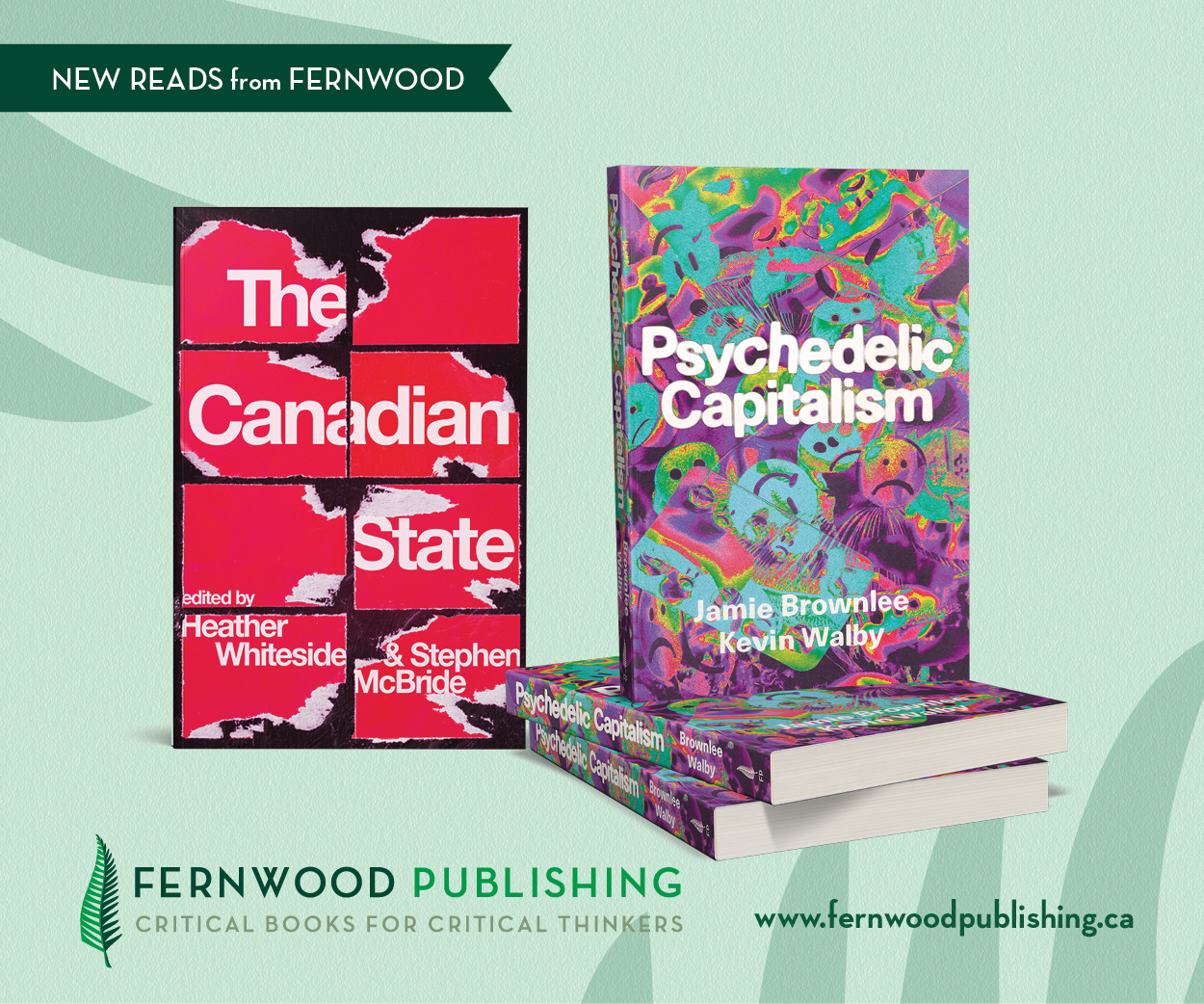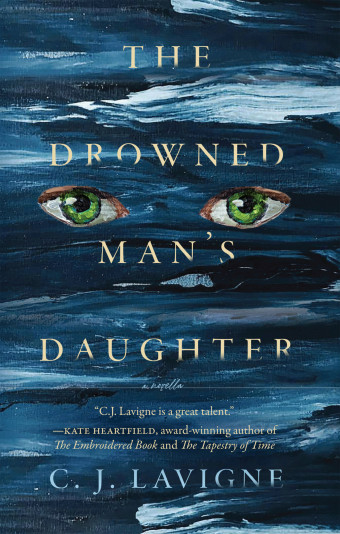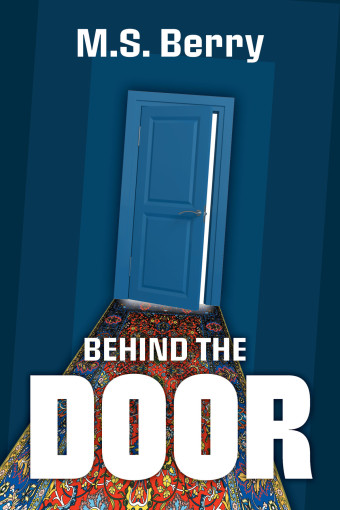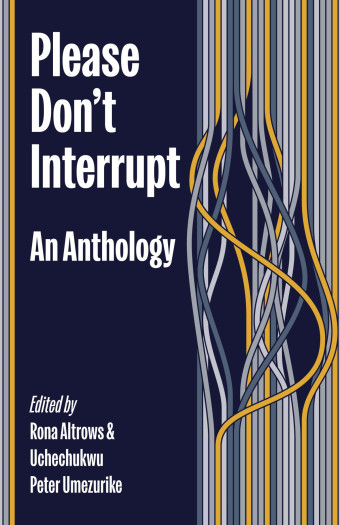Tyler Enfield’s Like Rum-Drunk Angels is a magical, fun novel about Francis Blackstone setting out to seek his fortune and win the hand of his lady in Nowhere, Arizona, 1883. It has all the elements of a good western, but Enfield also gives a nod to Arabian Nights, William Goldman’s Butch Cassidy and the Sundance Kid, and William Faulkner’s As I Lay Dying.
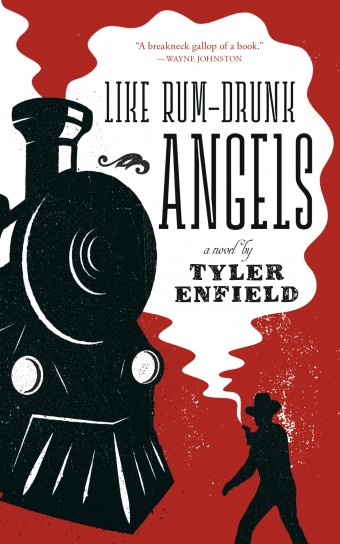
- Like Rum-Drunk Angels
- Tyler Enfield
- Goose Lane Editions
- $22.95 Paperback, 440 pages
- ISBN: 978-17-73101-30-9
Edmonton-based Enfield is not necessarily interested in the Old West. “My interest is more specific to western films and books – that very distinct feel that comes off them like strange perfume,” he says.
“According to my mother, I started watching spaghetti westerns when I was four, and I think their surreal, oftentimes absurd sense of place and atmosphere just carried forward into a mature love of the peculiar, the humorous, and creating stories where the two can meet.”
And the peculiar and the humorous do indeed meet in Like Rum-Drunk Angels. Francis’s quest to make a fortune involves robbery – trains, to start with. He, his brother Samuel, and their friend Ned team up with a bona fide bad guy, Bob Temple, to form the Blackstone Temple gang.
The first thing Francis has to do to prove himself to Temple is to follow a grisly treasure map that leads him to an ancient grave site. Francis looks for artifacts to sell (to raise money for their life of crime), but one of the objects he finds will change the course of his life.
With this talisman, Francis leads the Blackstone Templars on an amazing journey, along the way meeting a trio of Amish witches, a jaguar, a mysterious old man with an unusual hairstyle, and competing thieves – the formidable Carter gang. A circus with pianos tossed from a catapult also figures largely.
Enfield says, “I love stories that function on multiple levels, stories that can withstand several readings and still reveal something new. With that in mind, Like Rum-Drunk Angels was designed as a sort of puzzle-box – an amusing contraption that could be unlocked in various ways, revealing various levels of meaning, depending on how you approach it.”
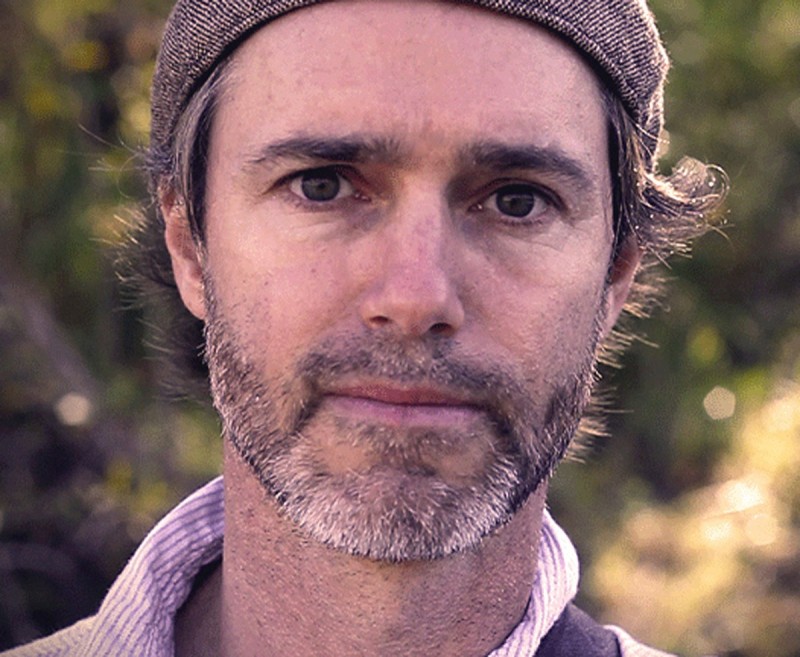
There are actual puzzles hidden within the story, but Enfield won’t say where. “The fun is in the discovery,” he says. “For that reason, the story is built so that no single reader is likely to solve every code, unlock every secret. This way, we can always come back for more and find a somewhat different story waiting for us.”
Enfield’s main interest in writing is the exploration of self, and, he says, what lies deeper than the self.
“Putting words on the page then becomes an exercise in honesty; facing my fears, my shortcomings. Peeling back the facade and revealing my true face.
“The flipside of that experience is something like awe. Unfiltered awe. This is what I’m going for. Dumbstruck, head-over-heels, down on my knees, wonder. And if that experience is somehow communicated to the reader, and they get to share in my joy, my discovery, my terror and exultation – well, then, the circuit is closed. My job as a writer is complete.”


